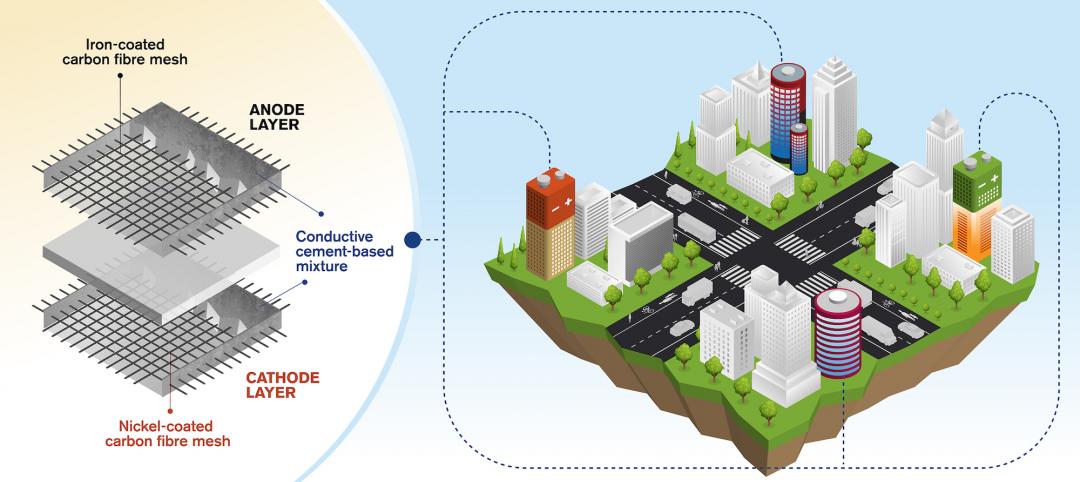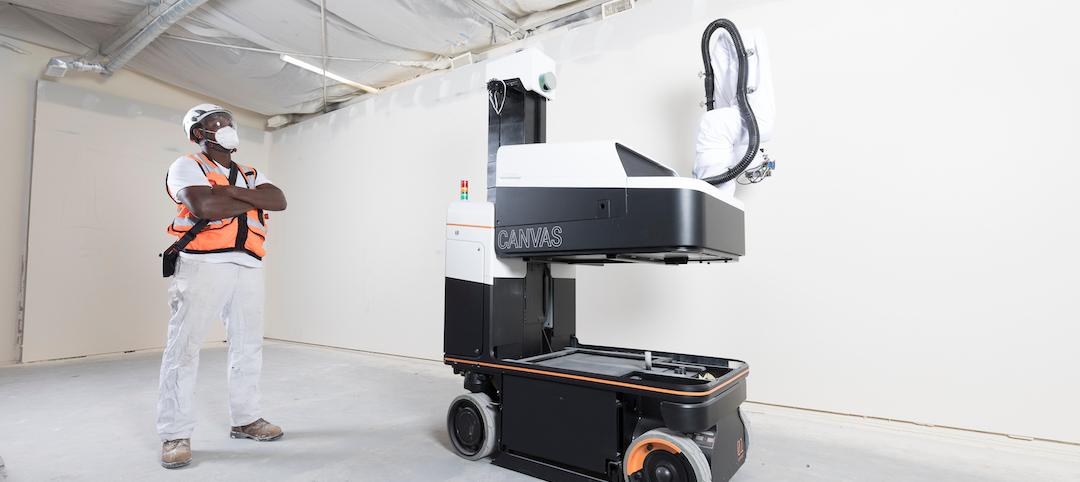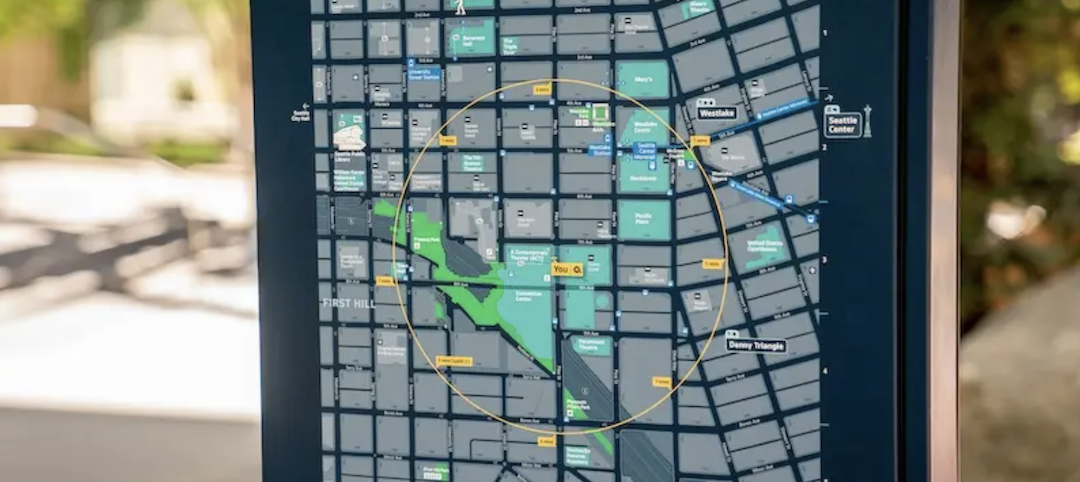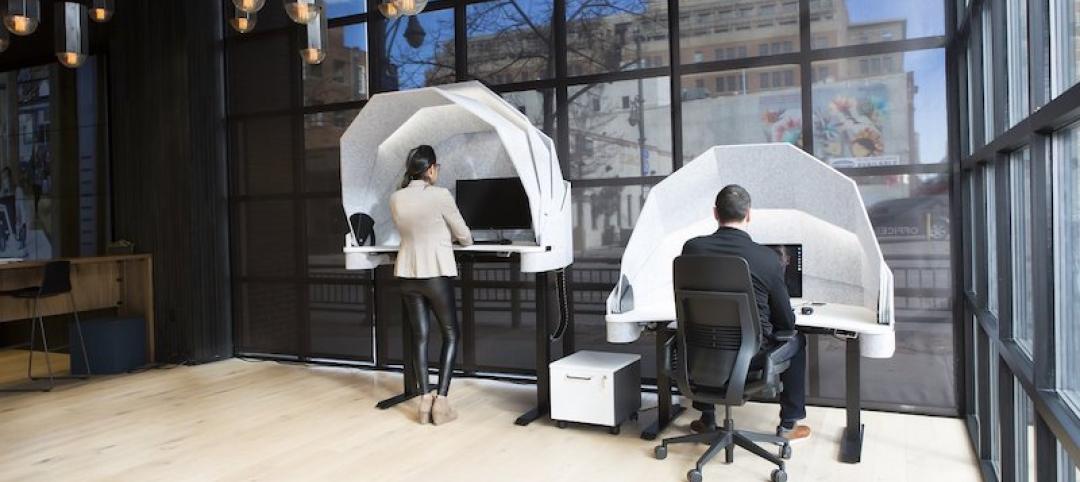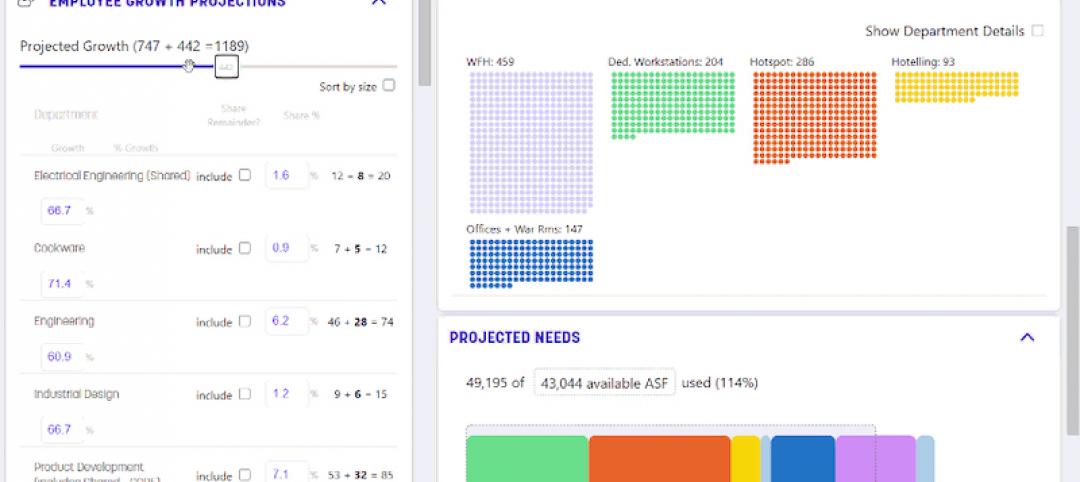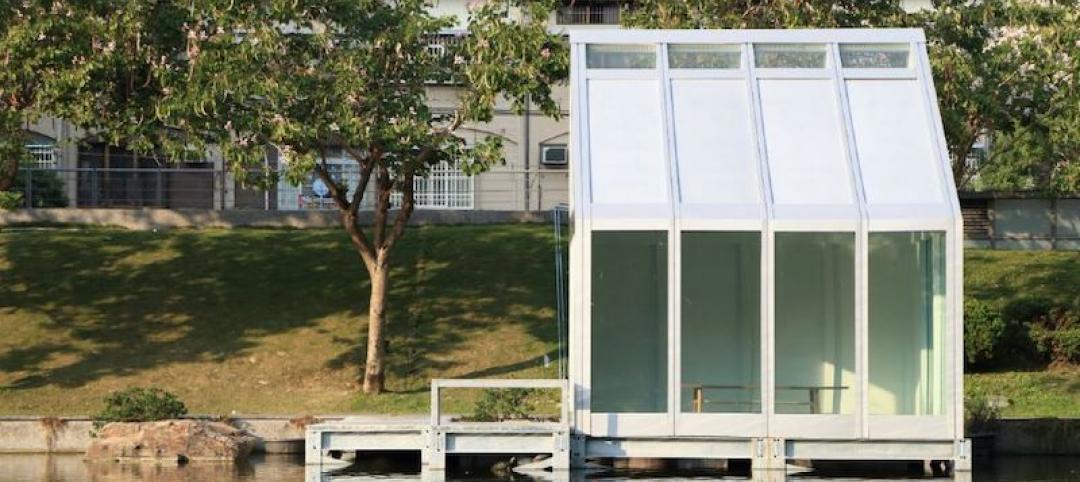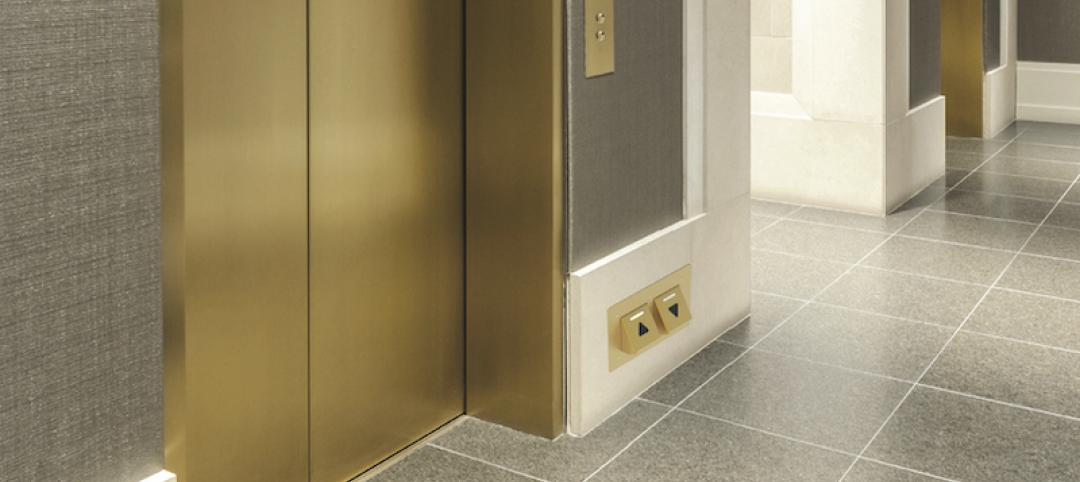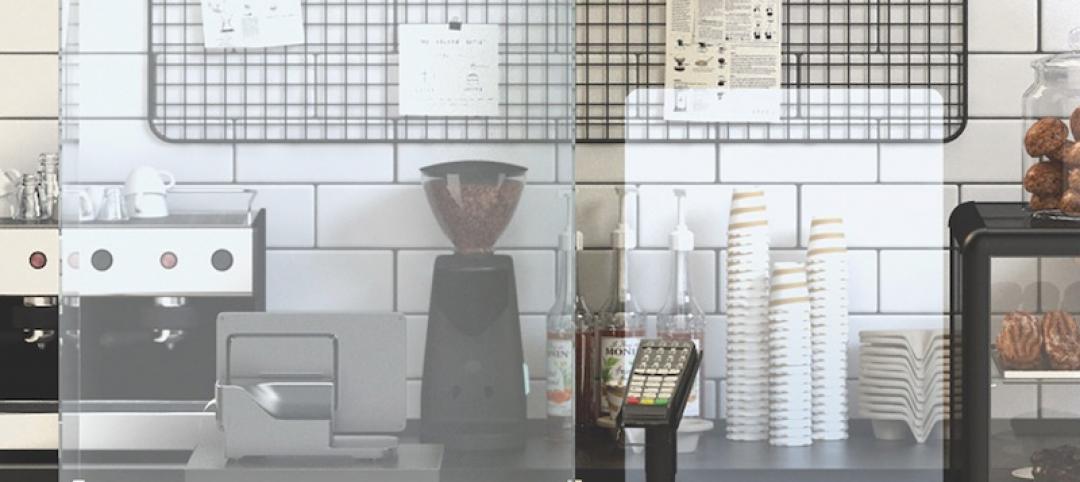There are three things that are certain in life: death, taxes, and employees being uncomfortable with the ambient temperature of their offices. While some reach for Sherpa-lined blankets and cups of hot tea, others work up a lather that would give Paul Newman in “Cool Hand Luke” a run for his money. Not only is it difficult to find a temperature where everyone is comfortable, heating and cooling a building is also costly.
But what if you could heat the individual building occupants instead of the building itself? Not only would everyone be more comfortable, but it would also present an opportunity to conserve energy.
New wearable technology from Embr Labs, known as the Embr Wave, gives each wearer direct control over their own temperature. It utilizes the human body’s natural response to temperature to provide thermal relief by warming and cooling the user’s wrist.
 Photo: Embr Labs.
Photo: Embr Labs.
Founded at MIT, the Embr Wave uses a cooling and warming thermoelectric module to help a user feel more comfortable. The temperature is controlled via a light bar located on a nickel-free anodized aluminum body.
Say a user is feeling a bit on the warm side. All they need to do is press the left side of the Embr Wave, and a cooling sensation will begin to spread across their wrist. As the Embr Wave is cooling, the aluminum heat sink warms up to dissipate heat. Press the right side and the Embr Wave will turn up the heat to warm a cold user. Because the device uses conduction heating and cooling, it can be more efficient, precise, and immediate than traditional air-conditioning or heaters.
EYP Architecture and Engineering recently equipped some of its employees with the Embr Wave and embarked on a five-week pilot study to collect product feedback and data. Nearly three-quarters (72%) of the participants said they felt more in control of their own thermal comfort while using the Embr Wave. Factors such as environmental space metrics, temperature, humidity, and other thermal data were collected and analyzed against participant surveys throughout the duration of the study.
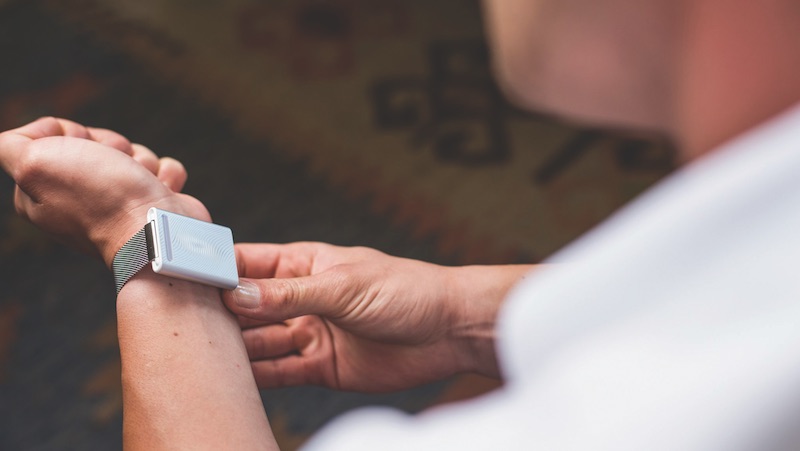 Photo: Embr Labs.
Photo: Embr Labs.
EYP’s main goals of the study were to discover if the Embr Wave could improve human comfort, fuel productivity, and present opportunities to conserve officewide energy consumption. With the vast majority of participants saying they felt more in control of their own thermal comfort while wearing the device, EYP believes there is a potential opportunity to incorporate personal comfort devices, such as the Embr Wave, in building design planning.
EYP's participation in this study showcases how many architecture and design firms are taking an interest in their buildings long after construction has been completed in order to gain insight into how to plan more comfortable, energy-efficient, and sustainable spaces in the future.
Related Stories
AEC Tech Innovation | Mar 9, 2022
Meet Emerge: WSP USA's new AEC tech incubator
Pooja Jain, WSP’s VP-Strategic Innovation, discusses the pilot programs her firm’s new incubator, Emerge, has initiated with four tech startup companies. Jain speaks with BD+C's John Caulfield about the four AEC tech firms to join Cohort 1 of the firm’s incubator.
Great Solutions | Jan 18, 2022
Researchers develop concept for rechargeable cement-based batteries
Researchers from the Department of Architecture and Civil Engineering at Chalmers University of Technology in Gothenburg, Sweden, have created a concept for rechargeable batteries made of cement. The concept involves a cement-based mixture with small amounts of short carbon fibers added to increase conductivity and flexural toughness.
Great Solutions | Nov 22, 2021
Drywall robots take the risk out of the finishing process
Canvas is using robots to complement the work already being done by drywall professionals.
Great Solutions | Sep 23, 2021
Seattle looks to become America’s most walkable city with a new citywide wayfinding system
Seamless Seattle will support the Seattle Department of Transportation’s commitment to increase the percentage of trips made by walking to 35% by 2035.
Great Solutions | Jul 9, 2021
MojoDesk creates a new solution for managing open office distractions
The MojoDome allows for a private work space while also maintaining a collaborative environment.
Great Solutions | Mar 18, 2021
Follow the leader: New following technology better equips robots for the jobsite
New proof-of-concept from Piaggio Fast Forward and Trimble enables robots and machines to follow humans.
Great Solutions | Feb 11, 2021
Simplifying the return to the office
A new web-based tool from Sasaki takes the guesswork out of heading back to the workplace.
Great Solutions | Oct 6, 2020
Could water-filled windows help buildings save energy?
New research shows how water-filled glass could help heat and cool buildings.
Great Solutions | Aug 10, 2020
From lobby to penthouse, elevators can be a 100% touch-free experience
The Toe-To-Go elevator system allows riders to operate the elevator entirely with their feet.
Great Solutions | Jul 13, 2020
Essential protection for businesses
Custom protective barriers help keep essential business employees safe.




